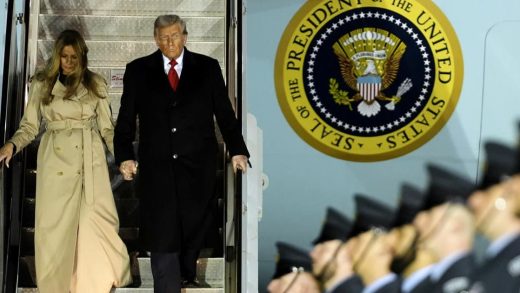Internet and telecom services are being restored in Afghanistan after a nationwide shutdown by the Taliban government provoked widespread condemnation.
Local reporters said communications were resuming across provinces while internet monitor Netblocks said live network data was showing a “partial restoration” of connectivity.
A source close to the goverment confirmed to BBC Afghan that the internet is back by special order of the Taliban prime minister.
The 48-hour blackout disrupted businesses and flights, limited access to emergency services and raised fears about further isolating women and girls whose rights have severely eroded since the Taliban swept back to power in 2021.
One man who visited a number of areas in the capital city Kabul on Wednesday told BBC Afghan: “Everyone is happy, holding their cell phones and talking to their relatives.
“From women, to men and Talibs [a member of the Taliban], each was talking on phones after services were restored. There are more crowds now in the city.”
The government has not given an official explanation for the shutdown.
However, last month a spokesperson for the Taliban governor in the northern province of Balkh said internet access was being blocked “for the prevention of vices”.
Since returning to power, the Taliban have imposed numerous restrictions in accordance with their interpretation of Islamic Sharia law.
Afghan women have told the BBC that the internet is a lifeline to the outside world since the Taliban banned girls over the age of 12 from getting an education.
Women’s job options have also been severely restricted and in September, books written by women were removed from universities.
Following the internet shutdown on Monday, the United Nations said it left Afghanistan almost completely cut off from the outside world. It added that it risked “inflicting significant harm on the Afghan people, including by threatening economic stability and exacerbating one of the world’s worst humanitarian crises”.


